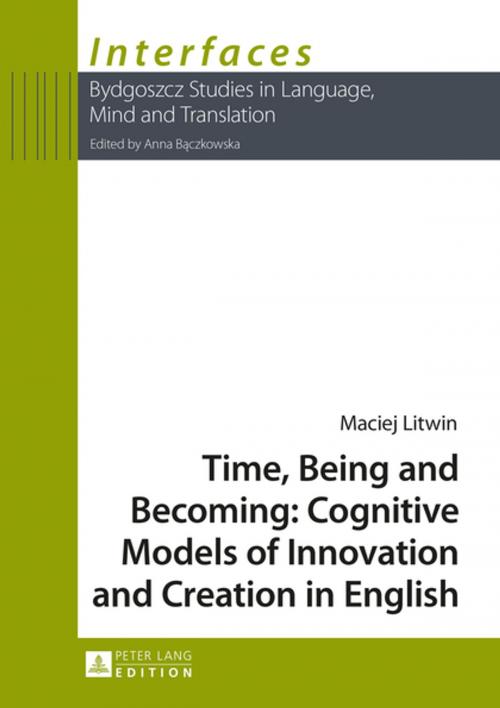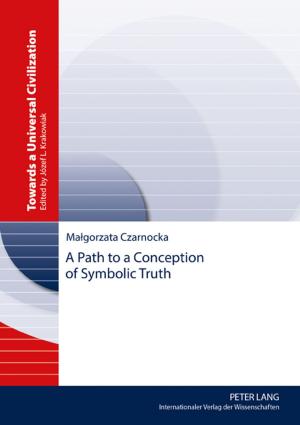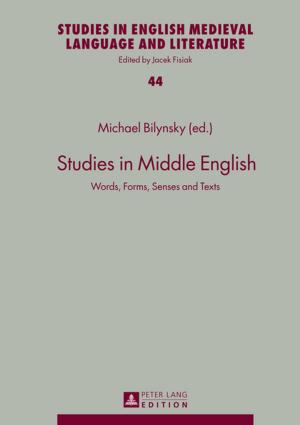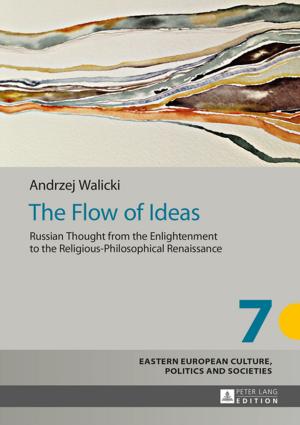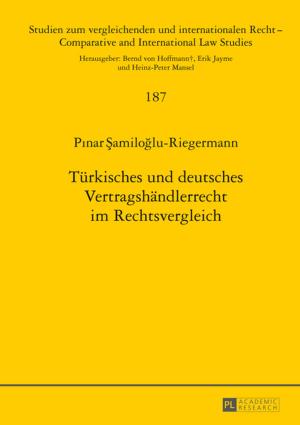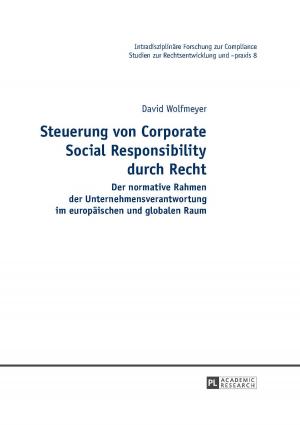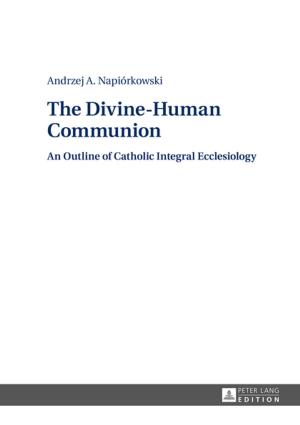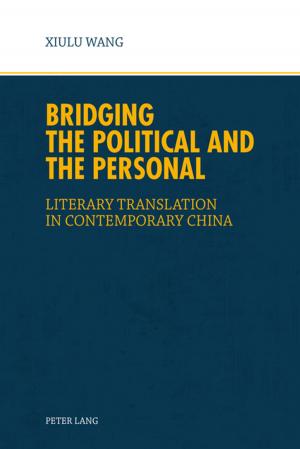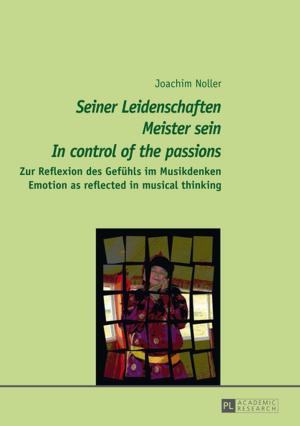Time, Being and Becoming: Cognitive Models of Innovation and Creation in English
Nonfiction, Reference & Language, Language Arts, Linguistics, Religion & Spirituality, Philosophy| Author: | Maciej Litwin | ISBN: | 9783653970340 |
| Publisher: | Peter Lang | Publication: | June 26, 2015 |
| Imprint: | Peter Lang GmbH, Internationaler Verlag der Wissenschaften | Language: | English |
| Author: | Maciej Litwin |
| ISBN: | 9783653970340 |
| Publisher: | Peter Lang |
| Publication: | June 26, 2015 |
| Imprint: | Peter Lang GmbH, Internationaler Verlag der Wissenschaften |
| Language: | English |
Cognitive linguistics provides tools to discuss identity as a process. Identity depends on the underlying conceptualisation of the present, while innovation and creation are borderline phenomena in epistemology. The two may be seen as generalised accounts of causation as a process: open-ended and closed, where time is conceptualised as real or figurative. Aristotle’s epistemology builds on the conceptualisation of a subject manipulating objects in the visual field. Saint Augustine and Plotinus conceive of time and identity as real and contingent or figurative and necessary. William of Ockham builds on a simple conceptualisation of a time-point matrix as opposed to a duration matrix. British National Corpus findings relate to and comment on these expert philosophical conversations through the medium of cognitive models of «innovation» and «creation», instruments of thought and reason in English.
Cognitive linguistics provides tools to discuss identity as a process. Identity depends on the underlying conceptualisation of the present, while innovation and creation are borderline phenomena in epistemology. The two may be seen as generalised accounts of causation as a process: open-ended and closed, where time is conceptualised as real or figurative. Aristotle’s epistemology builds on the conceptualisation of a subject manipulating objects in the visual field. Saint Augustine and Plotinus conceive of time and identity as real and contingent or figurative and necessary. William of Ockham builds on a simple conceptualisation of a time-point matrix as opposed to a duration matrix. British National Corpus findings relate to and comment on these expert philosophical conversations through the medium of cognitive models of «innovation» and «creation», instruments of thought and reason in English.
